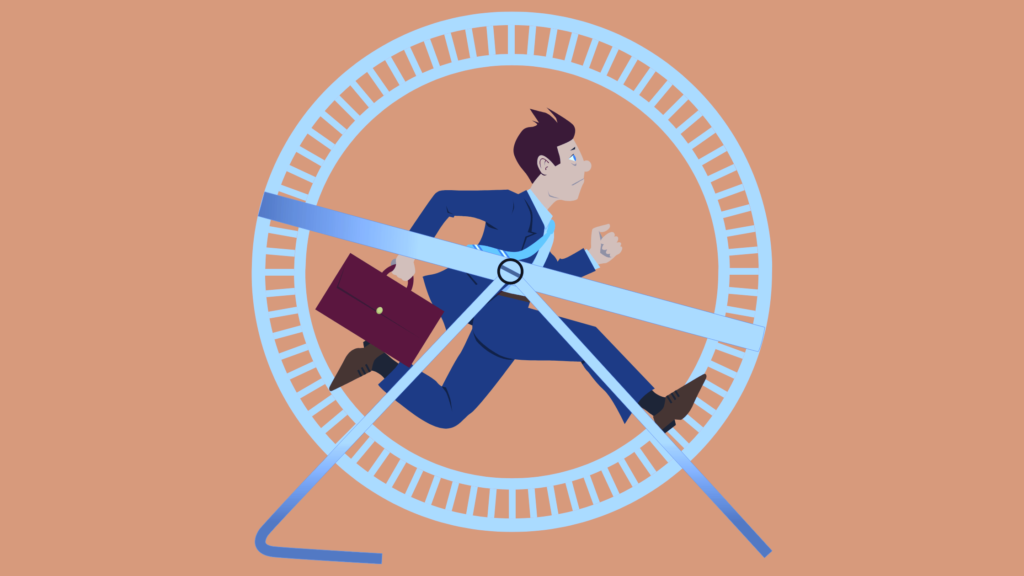
In today’s fast-paced world, routines can provide a sense of stability and structure. However, falling into a monotonous cycle of daily habits can also lead to feelings of stagnation and dissatisfaction. If you find yourself yearning for change or excitement in your life, it’s time to break free from the routine. Here’s how to do just that.
1. Recognize the Signs of Routine Fatigue
The first step in breaking free from a monotonous cycle is acknowledging that you are stuck in one. Signs of routine fatigue may include:
- Boredom: Your daily activities feel uninspiring or mundane.
- Lack of Motivation: You find it hard to get excited about tasks that once thrilled you.
- Restlessness: A pervasive sense of dissatisfaction, even when everything seems fine.
Recognizing these signs is essential to motivating yourself to make a change.
2. Reflect on Your Current Routine
Before making changes, take the time to reflect on your existing routine. Identify patterns—what aspects of your day feel satisfying, and which feel binding? Journaling can be an effective tool for this reflective practice. Consider questions like:
- What do I enjoy most about my daily activities?
- What elements of my routine do I dread?
- How do my activities align with my long-term goals?
By evaluating your routine, you can identify areas ripe for change.
3. Set Intentional Goals for Change
Once you’ve assessed your routine, establish clear goals for what you want to change. Be specific: instead of saying, “I want more excitement in my life,” try, “I will try one new activity every week.” Setting measurable and achievable goals allows you to create a clear path forward.
4. Incorporate Small Changes Daily
Breaking a routine doesn’t mean uprooting your entire life overnight. Instead, focus on integrating small, manageable changes into your daily activities. This could include:
- Trying New Foods: Visit a restaurant you’ve never been to or try cooking a new recipe.
- Exploring New Hobbies: Take up painting, dancing, or gardening—whatever piques your interest.
- Redefining Your Breaks: Instead of scrolling through your phone during lunch, consider going for a walk or meditating.
These seemingly minor changes can add variety to your life and invigorate your daily routine.
5. Practice Mindfulness and Gratitude
Sometimes, routine fatigue stems from a lack of appreciation for the present moment. Practicing mindfulness can help you become more aware of your experiences and foster a sense of gratitude. Consider:
- Meditation: Spend a few minutes each day focusing on your breath and being present.
- Gratitude Journaling: Write down three things you’re grateful for each day, which can shift your perspective.
By enhancing your awareness of daily joys, you can transform your outlook on even the most mundane activities.
6. Seek Inspiration from Others
Sometimes, all you need is a fresh perspective to break free from routine. Connect with friends, colleagues, or family members who inspire you. Attend workshops, join clubs, or explore community events to meet new people and share experiences. Learning from others’ stories can spark motivation and new ideas in your life.
7. Embrace Flexibility and Adaptability
Finally, routines provide comfort, but it’s crucial to remain flexible and adaptable. Life is full of unexpected twists—embracing spontaneity can enliven your days. Challenge yourself to say yes to opportunities, no matter how outside your comfort zone they may be.
Breaking free from the cycle of routine is a journey that requires self-awareness, intentionality, and a willingness to embrace change. Therefore, by implementing small adjustments, practicing mindfulness, and seeking inspiration, you can transform your everyday life into a vibrant tapestry of experiences. The world outside is full of opportunities waiting to be explored—take the leap and discover what awaits you.


